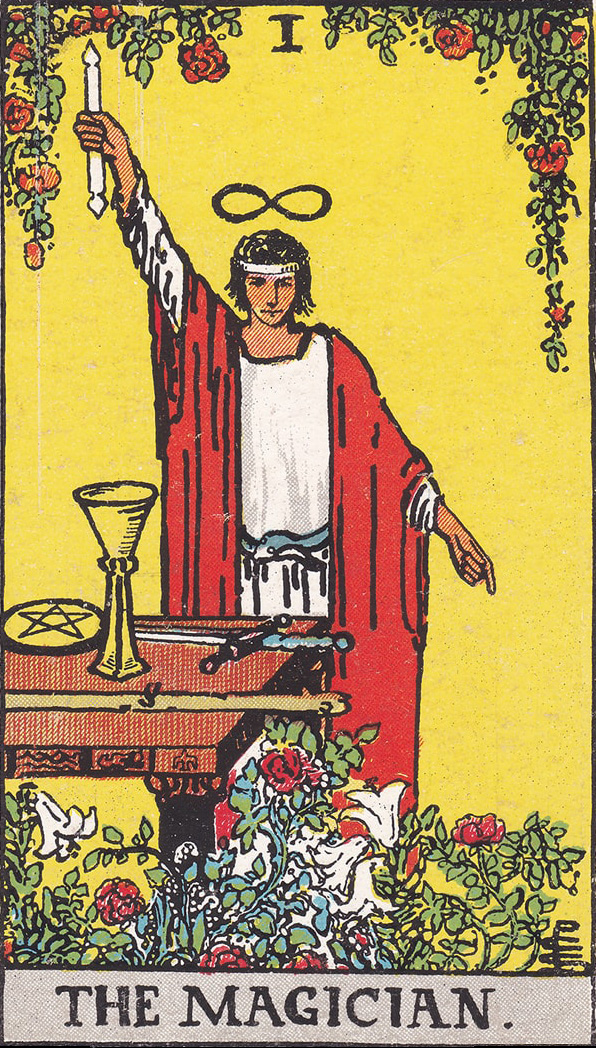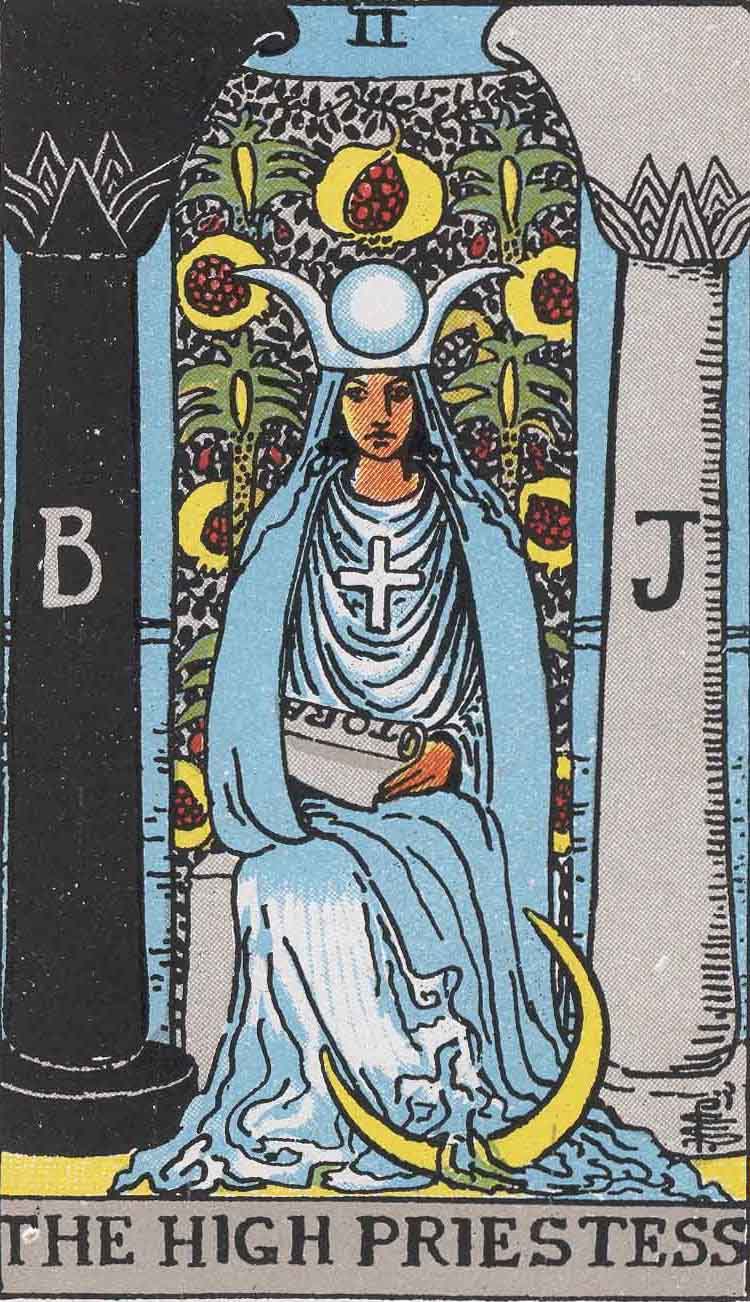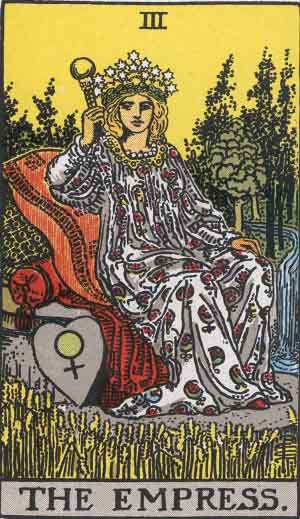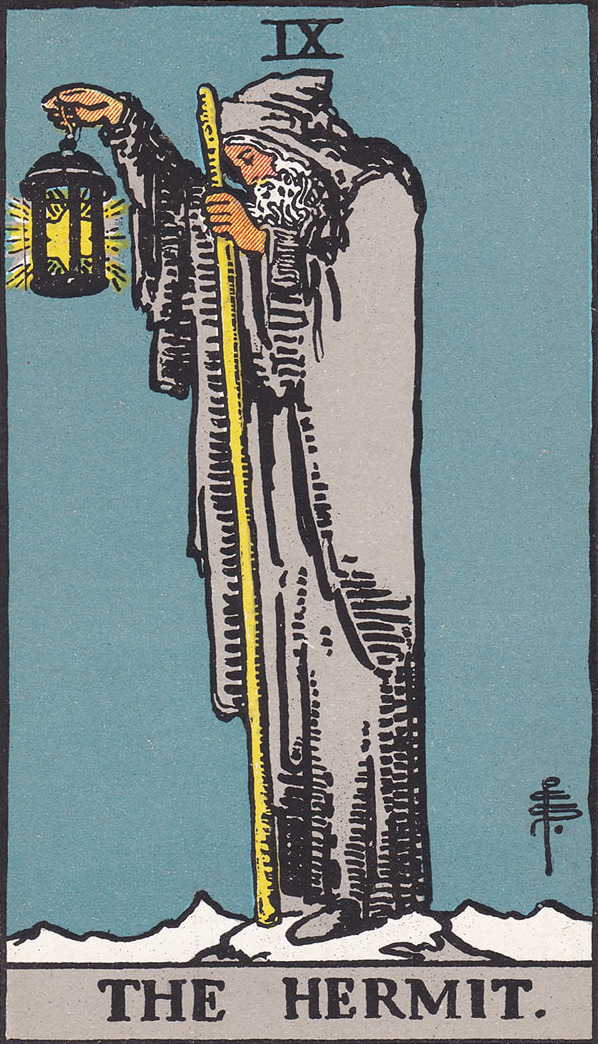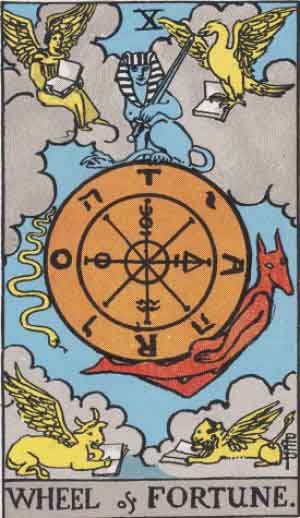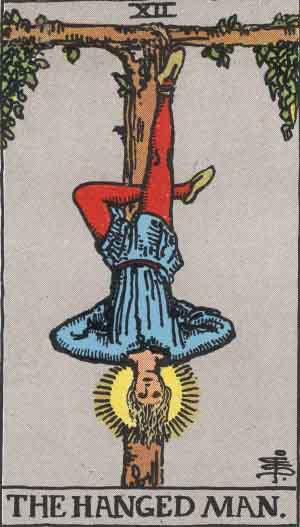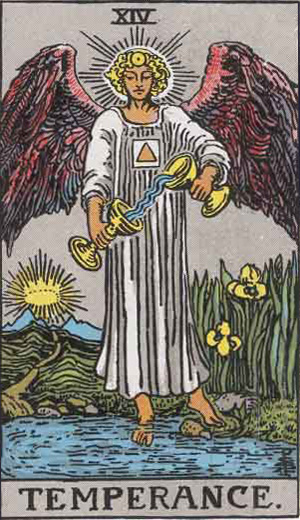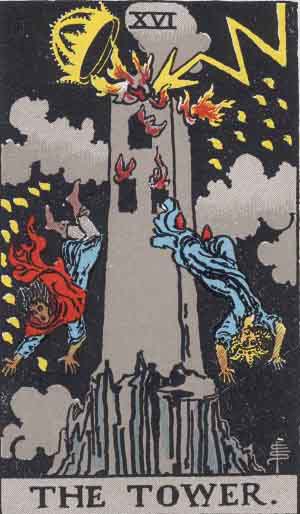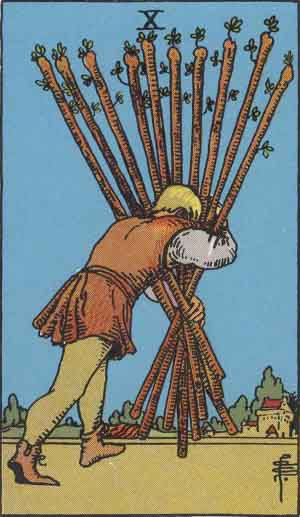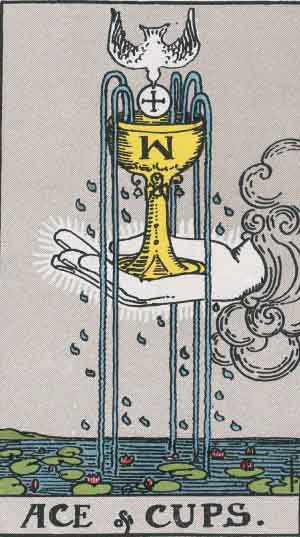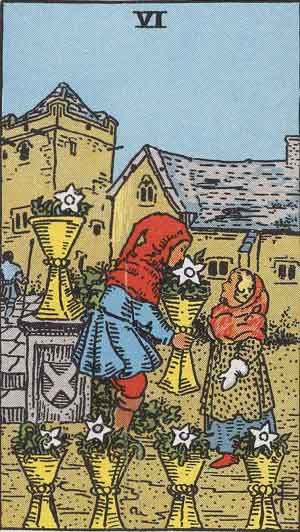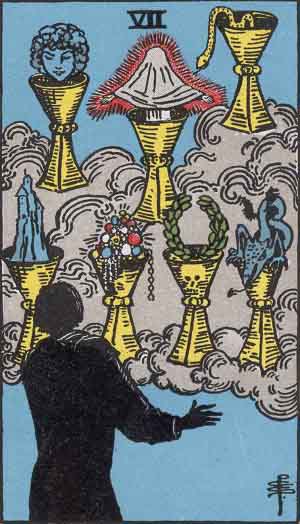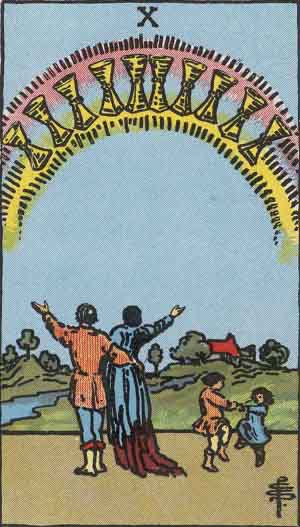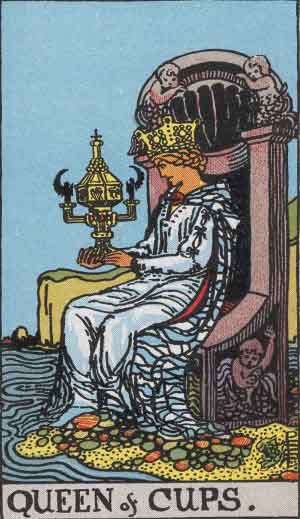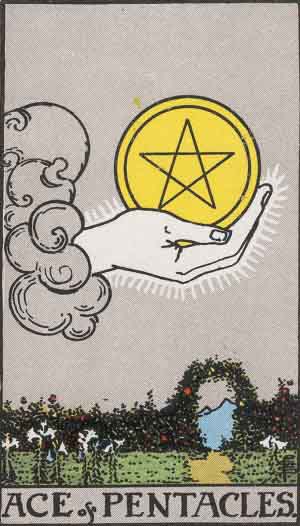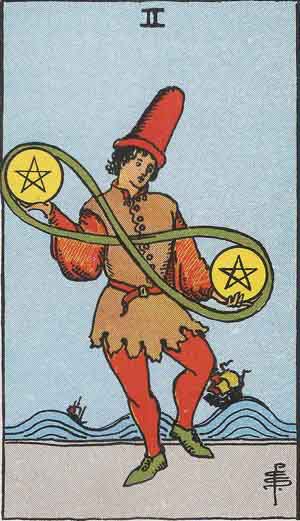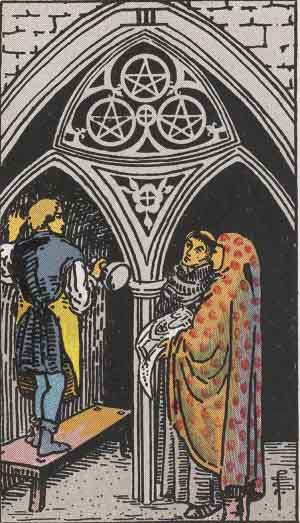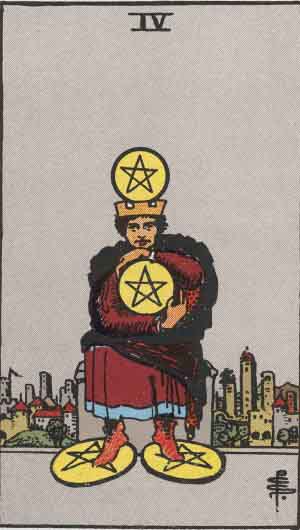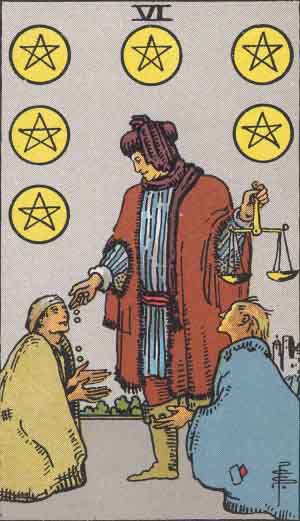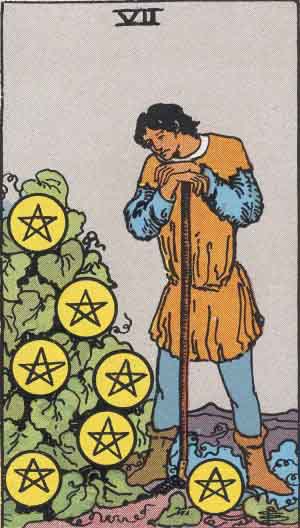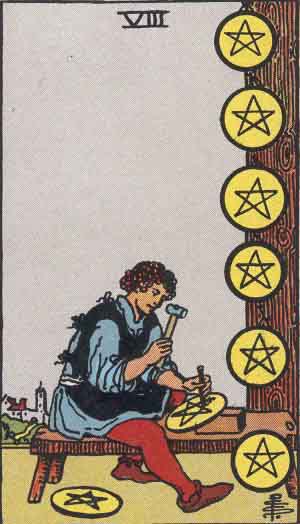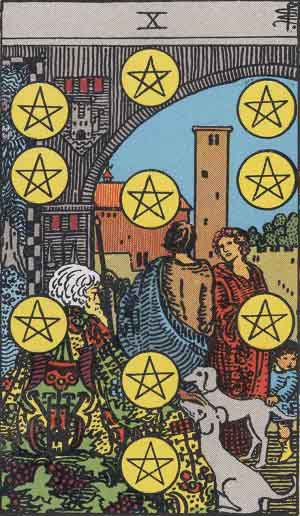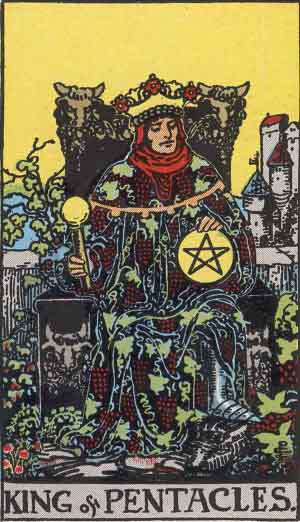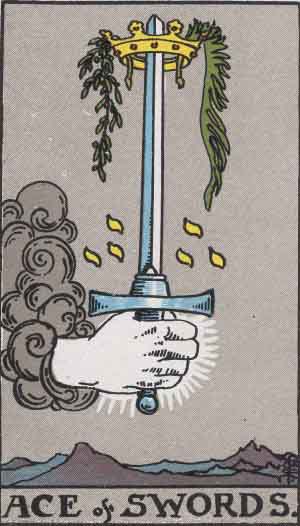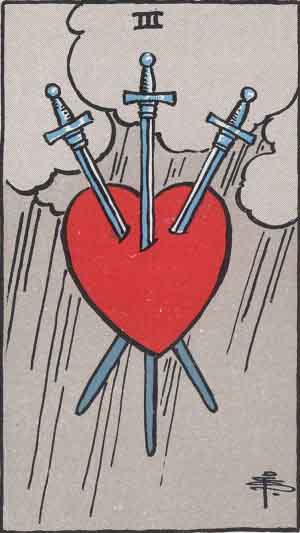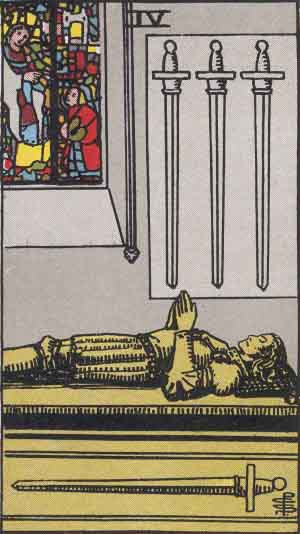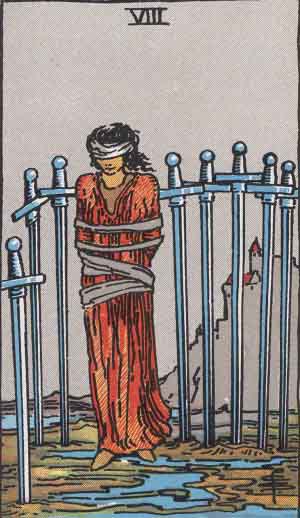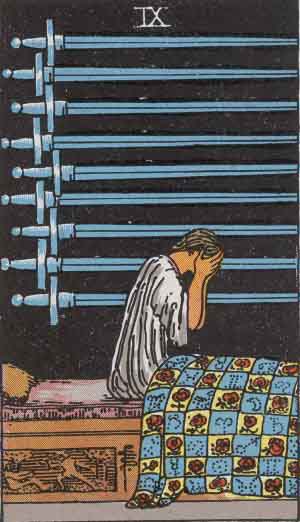
Five of Swords

FIVE OF SWORDS
The Five of Swords is a card that carries a range of meanings, both positive and negative, in the context of relationships. It can symbolize defeat, surrender, and walking away, as well as self-sabotaging behavior and lack of communication. On the darker side, it may indicate aggression, bullying, abuse, or even violence. However, it can also represent standing up for yourself, fighting back, and overcoming challenges, leading to a hard-won victory.
Embracing Change and Growth
The Five of Swords in relationships suggests that it may be time to let go of old patterns and embrace change. It could indicate that surrendering to the need for personal growth and transformation is necessary for the betterment of the relationship. By walking away from unhealthy dynamics and self-sabotaging behaviors, you create space for healthier connections to flourish.
Honesty and Open Communication
In the realm of relationships, the Five of Swords serves as a reminder of the importance of honest and open communication. Lack of communication can lead to misunderstandings, conflicts, and even hostility. To avoid these pitfalls, it is crucial to express your thoughts, feelings, and concerns openly, allowing for a deeper understanding and connection with your partner.
Confronting Power Imbalances
The Five of Swords urges you to confront any power imbalances within your relationship. It may indicate that one person is dominating or intimidating the other, leading to an unhealthy dynamic. By standing up for yourself and fighting back against such behavior, you can regain your personal power and restore balance within the relationship.
Overcoming Relationship Challenges
When the Five of Swords appears in a relationship reading, it signifies that you are facing significant challenges. These obstacles may test your commitment, trust, and resilience. However, by acknowledging the difficulties and actively working through them, you have the potential to overcome these challenges and emerge stronger as a couple.
Healing from Past Trauma
In some cases, the Five of Swords may indicate that past trauma or abusive experiences are affecting your current relationship. It serves as a reminder to seek healing and support to address these wounds. By acknowledging and working through the pain, you can break free from the cycle of abuse and create a healthier, more loving connection with your partner.
Explore All Tarot Cards

